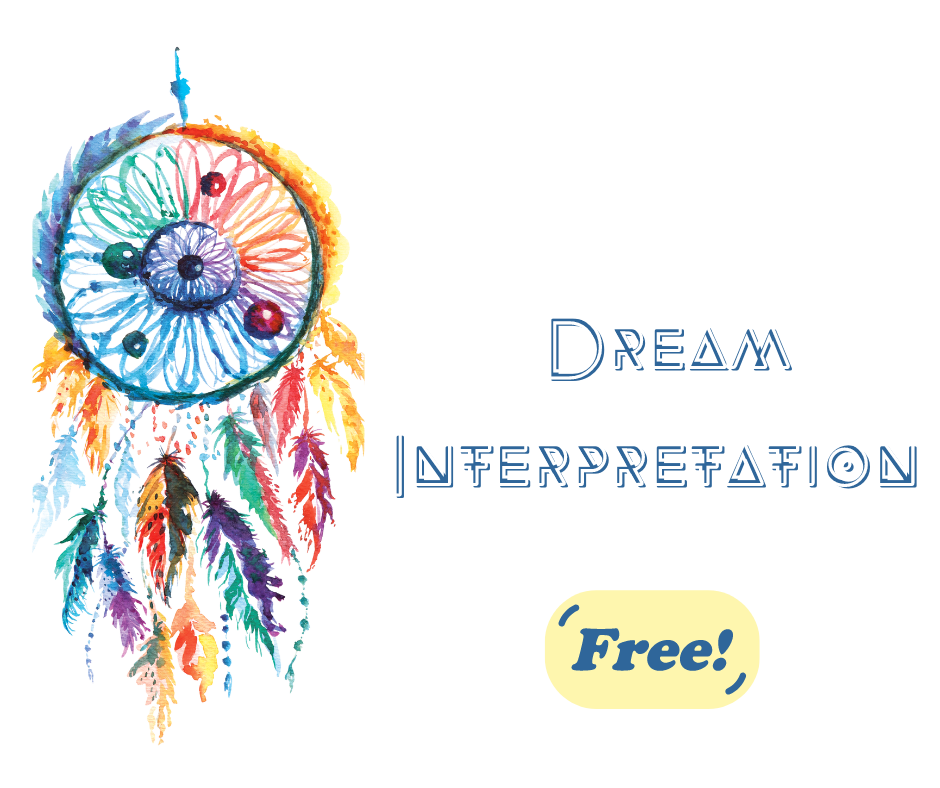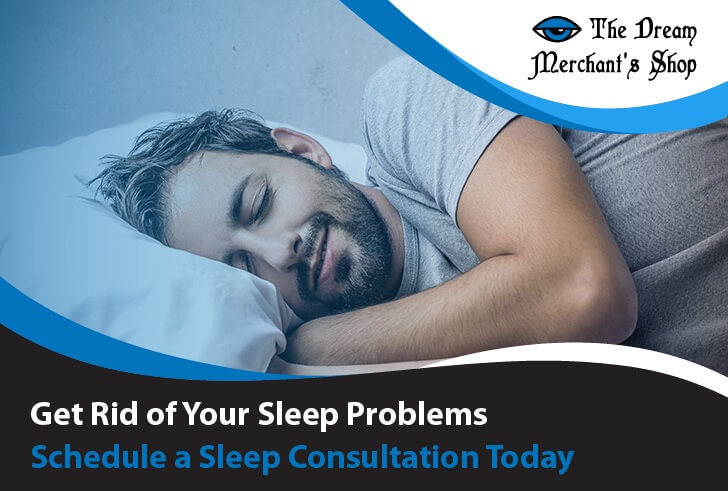Dreaming is a natural phenomenon associated with sleep. Sometimes, however, excessive dreaming can become a nuisance. Even people who “hardly ever dream,” can find themselves caught in a whirlwind of vivid dreams.
While dreaming more than usual is not necessarily the symptom of some mysterious underlying condition, sometimes it can be that indeed.
Before getting into how to stop vivid dreams, let us take a look at how dreaming works.
Summary
- We all dream every night. Those who say they do not dream simply cannot recall their dreams.
- Awakenings during the night lead to better dream recall.
- The causes of more dreams than usual are numerous. Most of them do come down to micro-awakenings though.
- Eliminate the triggers of your sleep disturbances to reduce vivid dreaming. Address sleep disorders and stress.
- Make sure your vivid dreams are not the results of a severe health condition.
The Science of Dreams
The exact function of dreams is still a mystery for science. Dreaming may be a side effect of the processing work the brain does during sleep. It may help the brain sort out useful and useless memories.
On the other hand, the mechanics of dreaming are well-known. We know that we all dream every single night. We dream several times a night. Heavy sleepers think that they do not dream because they do not remember their dreams.
It is quite impossible to remember a dream unless the dreamer is awakened during the dream, in a REM cycle.
The majority of dreaming takes place during the Rapid Eye Movement sleep stages. One such stage comes about every 90 minutes and lasts for about 20 minutes. That is indeed plenty of time to dream every night.
How much REM sleep do you need? About as much as 7-9 hours of proper sleep allows.
Is it possible to get too much REM sleep? Yes, it is. Some substances promote REM sleep. This happens at the expense of other sleep stages. Too much REM sleep can leave you feeling tired upon awakening.
Why Am I Remembering My Dreams All of a Sudden?
Heightened dream recall likely has to do with awakenings during the night. When you awaken during a dream, the mind stores its memory.
Sleep science has pinpointed scores of reasons for dreaming more than usual. But most of these reasons point right back to sleep interruptions.
Sleep apnea is one of the conditions accompanied by better dream recall. It is known to trigger scores of micro-awakenings, that fit well into the picture.
Known Causes of Vivid Dreams
- Anxiety and stress are well-known disturbers of sleep. The former in particular is known to induce vivid nightmares. Real or perceived sources of stress in one’s day-to-day life can lead to vivid dreams as well.
- Physical shock. Everything from an exhausting workout to sexual abstinence goes into this category. It is surprising how wide a range of physical issues can cause increased dream recall. Everything the body perceives as bothersome can lead to more vivid dreaming.
- Sleep disorders such as narcolepsy and insomnia are self-explanatory vivid dreaming triggers.
- Substance abuse is another factor to consider. Some psychoactive drugs may trigger vivid dreams, including alcohol, tobacco, and caffeine.
- Medicines may be included in the “substance abuse” category as well. Some of their effects are quite similar to those of recreational drugs.
- A wide range of health problems also triggers more dreaming than usual. This range includes depression, schizophrenia, cancer, and heart disease. As mentioned, sleep apnea has similar effects as well.
- The early stages of pregnancy. As mentioned, physical changes can trigger vivid dreaming. This is especially true for hormonal changes. Since early pregnancy triggers such changes, vivid dreams are to be expected in its regard.
In addition to the problems that lead to it, vivid dreaming is accompanied by side effects such as:
-
- Sleepiness during the day. This problem is the direct result of not getting enough quality sleep.
- The urge to avoid going to sleep. Consciously or not, people suffering from vivid dreaming/nightmares may make an effort to avoid falling asleep. This is a simple defense mechanism against something unpleasant.
- Mood issues. Because it interferes with quality sleep, vivid dreaming may elicit effects similar to those of other sleep disorders. Depression and anxiety are such effects. Since anxiety reinforces vivid dreaming, the process turns into a self-stimulating vicious circle.
- Suicidal thoughts. This is a very serious side effect of some sleep disorders. Prolonged and persistent nightmares can indeed turn one’s waking life into a nightmare as well.
How to Stop Excessive Dreaming?
You cannot stop dreaming. As made clear, we all dream every time we sleep. That is just how the brain works.
You can, however, address the issue of overabundant dreams.
Asking yourself “why am I dreaming more?” is the right approach. Identify the cause. Do away with it. Assess the results and if the problems persist, look for another cause.
Unfortunately, you might not be able to pinpoint a well-defined cause in every case. Sometimes, vivid dreaming subsides on its own. If it causes emotional problems, depression, and physical issues, however, you should see a sleep specialist.
A sleep doctor can set medical treatment for you. He/she can also recommend some lifestyle modifications.
A specialist is more likely to identify an underlying medical condition too.
Prevention is always easier and more effective than treatment. To steer clear of vivid dreaming, live a healthy and balanced life.
Maintain a proper weight, drink plenty of water, and stick to a proper sleep schedule. Take care of your psychological/mental health as well.
Pay special attention to sleep-related issues stemming from overworking and exhaustion. Eye exhaustion is a major trigger for tension headaches that can completely upend your sleep schedule. One factor triggers another, and before you know it, you are neck-deep in sleep disorders.
Learn to Handle Stress
Getting rid of stress completely would be the ideal way to address this cause of vivid dreaming. In this day and age, however, eliminating stress is quite impossible.
You should, however, try to manage it. Address stress through:
-
- Exercise. Working out, or playing a sport is one of the most effective ways of defanging stress.
- Meditation. Besides helping you handle stress, meditation can get you one step closer to achieving lucid dreaming.
- Deep breathing and other relaxation techniques. These work the same way meditation does.
- Art therapy. The process of creation can be deeply relaxing for some people.
- Practicing a hobby…or just about any other activity, you find relaxing.
Last-resort Solutions to Excessive Dreaming
If all else fails, you can resort to imagery rehearsal therapy or lucid dreaming therapy to deal with nightmares. Therapists will work with you, to alter the ending of a recurring nightmare. The goal is to turn the dream into a benign, non-threatening one.
Using actual medication to reduce dream frequency is also an option. This approach is reserved for extreme cases though. Only those suffering from PTSD or a similarly intrusive condition should ever consider it.
The Bottom Line: Excessive Dreaming
Unusually frequent and vivid dreaming/dream recall is often a sign that something is wrong with your body. The problem may be as shallow as a light sleep disorder. It may also point to life-threatening health issues.
Take these symptoms seriously, especially if they persist.


